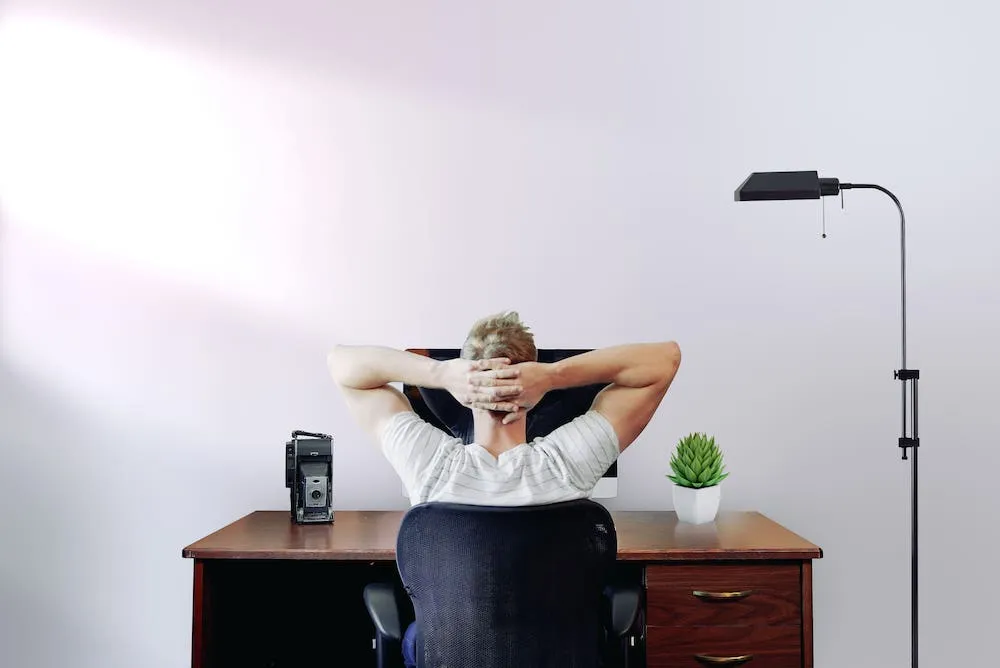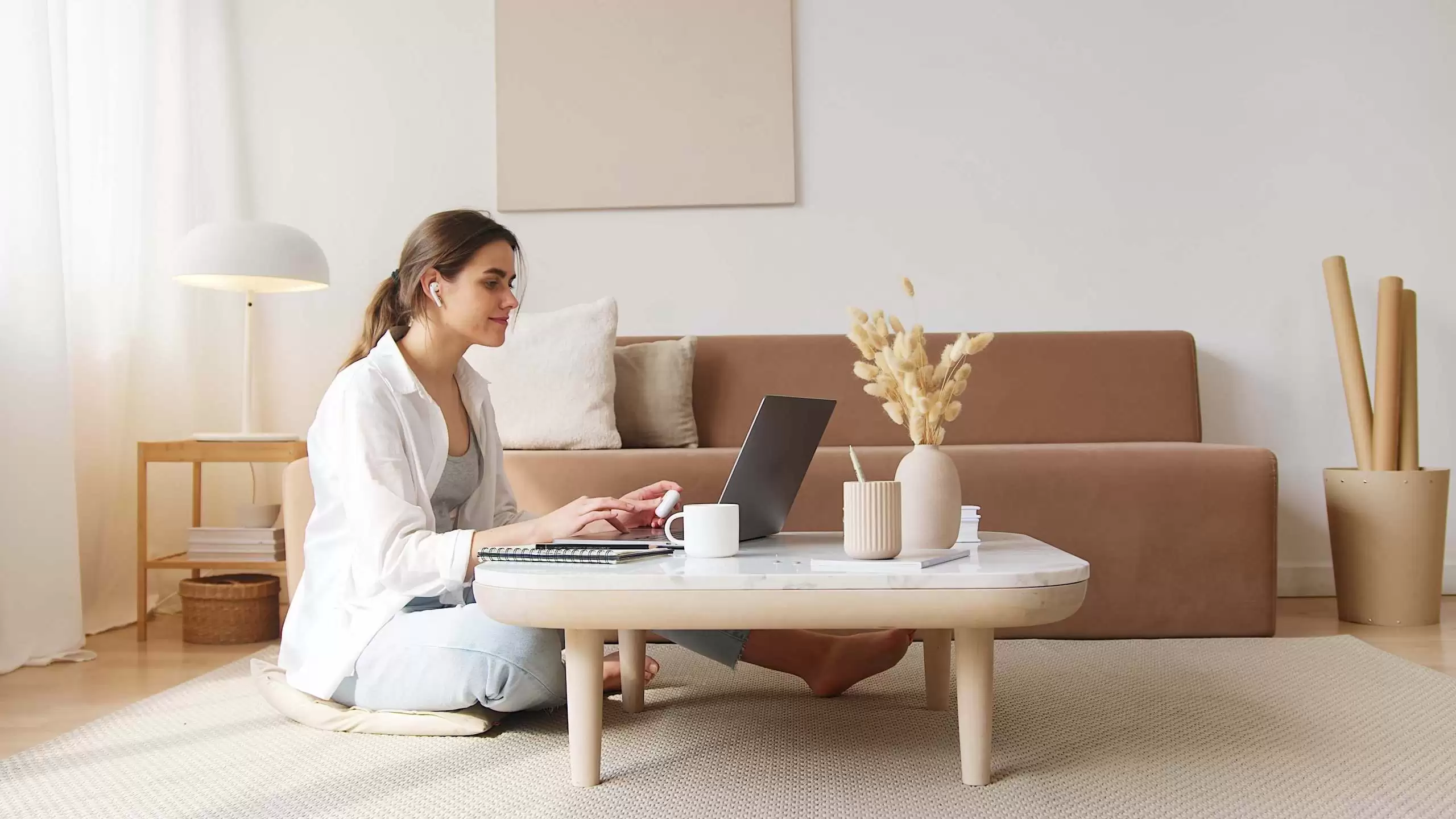Sleep is King!
Do you struggle to focus during long days at school? Do you find yourself bored in biologyor kipping in Chemistry? The IB, GCSE, A-levels and GCSE are hard, it takes a lot of energy to do well.
One of the big keys to success is getting plenty of sleep.
FACT BOX: In a study in 2009, Frenchresearchers found neurological events called “sharp wave ripples” are responsible for consolidating memory. These ‘ripples’ move information from the hippocampus, where short term memories are stored, to the neocortex, for long term storage. These ripples occur mostly during deep sleep.
So how can you make sure you are sleeping more?
1. Set an alarm to tell you when to go to sleep. By now, you’re too old for your parents to tell you when to sleep and wake up…but someone has to! If you want to be successful you must have plenty of energy. So the best thing for you to do is to set an alarm on your phone that tells you when to go to sleep each night. Don’t worry if you don’t make it to bed at exactly this time. The fact that the alarm goes off will help you to start getting into a better pattern. You should set the alarm for half an hour before you want to be asleep. This will give you time to get ready for bed. Make sure you get at least eight hours sleep per night.
2. Be persistent. Your body has a natural clock. This clock tells you when to fall asleep and when to wake up. Unfortunately we can’t change it as easily as we adjust a watch. Instead it takes time to gradually adjust your internal clock so that you fall asleep and wake up when you want to. Instead of thinking ‘tomorrow I will wake up and work at 5am’ try this: Each day set your alarm in the morning for just 15 minutes earlier than yesterday. Remember to set your ‘sleep alarm’ (see point 1) 15 minutes earlier, to make sure you are getting enough sleep.
https://lanterna.com/wp-content/uploads/2018/03/coffee-meme-630521_origin.jpghttps://lanterna.com/wp-content/uploads/2020/01/charles-S2AcayPkszE-unsplash-min.jpg
3. Don’t study in bed. It’s so tempting isn’t it? Moving from our desks to our very comfortable beds to dive into some IB material. But did you know this is harmful for learning and for relaxing? Research has told us that our brains associate different spaces with different tasks. The Division of Sleep Medicine at Harvard found that as soon as we start working under the covers or in view of our bed, we begin to blur the boundaries between study and rest. Why is this so bad for us?
-
- It worsens our studying by making it easier for us to get distracted and tired. We’re tempted to close our books and crawl into bed for an early night, instead of powering through that last assignment!
- It leads to lower quality sleep as our brains take longer to switch off when we can see all the textbooks and assignments that are still on our desk waiting to be completed before the end of the week, source.
FACT BOX: It takes 30 days to form a habit. A habit can be hard to create but once formed, it is very easy to stick to. Look on your calendar and mark the date 30 days from now. All you have to do is practice the 3 steps above for 30 days and you will finally be in control of how much you sleep and how much energy you have.

How to use Music for Success


